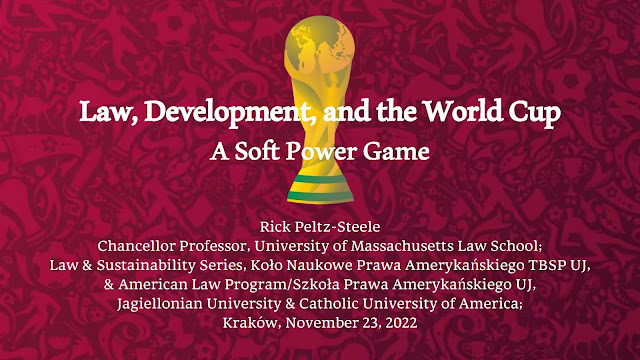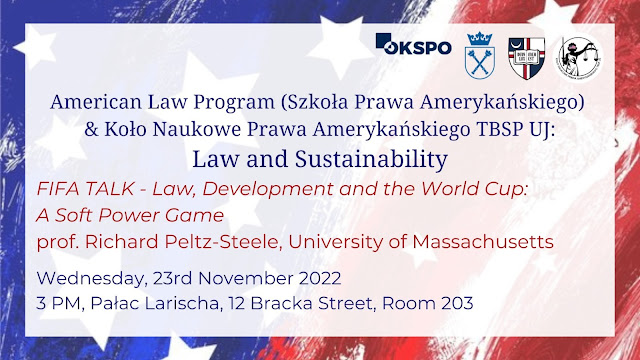Last week, my wife's life was at risk because we did not understand that women in heart distress do not necessarily experience the symptoms one might expect; indeed, they might have no chest pain at all.
My wife, a law librarian at Roger Williams University, is now home from Rhode Island Hospital (RIH) after a scary and unpleasant five nights. She will be OK.
But two weeks ago, she was misdiagnosed by her primary care provider. We too thought she was suffering only a stomach inflammation. In fact, she was experiencing a cardiac event.
 |
| Pixabay CC0 |
My hat's off to the staff at RIH. In the ER, they respectfully heard out our recitation of symptoms and amateur self-diagnoses, erroneous as it turned out, and nonetheless rapidly and tenaciously checked out the heart. In the blood work, they discovered enzymes indicative of heart-muscle damage at 500 times normal levels. Our primary care provider had not tested for that.
You're going to hear a lot about women's heart health in the coming weeks, because February 3 is National Wear Red Day, a project of the American Heart Association (AHA) that kicks off American Heart Month. But I've known about Wear Read Day, and I've even worn red. I've known that symptoms of women's heart trouble are elusive. Still, I did not recognize the cause of my wife's distress. So this message can't be delivered early or often enough.
The day my wife came home, the January/February AARP Bulletin landed on our doorstep with the cover story, "America's War Against Heart Disease." A subhead reads, "75 years after it started, we’re losing the battle against our number 1 killer."
This isn't just news for seniors. Sari Harrar reported, "Death rates from heart disease rose 8.5 percent for adults ages 45 to 64 between 2010 and 2020." My wife is under 50.
The AHA says that women with any of these symptoms should "call 911 and get to a hospital right away":
- Uncomfortable pressure, squeezing, fullness or pain in the center of your chest. It lasts more than a few minutes, or goes away and comes back.
- Pain or discomfort in one or both arms, the back, neck, jaw or stomach.
- Shortness of breath with or without chest discomfort.
- Other signs such as breaking out in a cold sweat, nausea or lightheadedness.
- As with men, women’s most common heart attack symptom is chest pain or discomfort. But women may experience other symptoms that are typically less associated with heart attack, such as shortness of breath, nausea/vomiting and back or jaw pain.
 |
| Our home pharmacy since my wife came home. RJ Peltz-Steele CC BY-NC-SA 4.0 |
For decades, women were underrepresented in clinical trials and their heart attack symptoms dismissed in emergency rooms as stomach pain or even emotional problems. The [AHA] published its first treatment guidelines for women in 1999, but it's taken longer for science to discover that the anatomy and electrical pathways of the female heart are unique, which may help explain why a woman's heart attack symptoms can be different from a man's.
Yet women's heart health is still understudied, according to a 2022 review of research in the journal Circulation Research, and women's heart attack warning signs are too often overlooked....
... [H]ealth professionals seem to have the same difficulty identifying heart disease in women: The same study found that when women suffering heart attacks arrive at an emergency room, they experience longer wait times .... Another study found that women tend to wait longer before calling 911 when they're having a heart attack—up to 37 minutes longer.
This is not so simple as a problem of bias in perspective. All of my wife's doctors in primary care and at RIH were women. But the primary care providers failed to check out the heart, and the ER doc picked up on the possibility immediately.
Farrar's reporting showed that socioeconomics, race, and ethnicity further compound the problem of under-diagnosed or misdiagnosed heart disease. There might be real genetic differences based in race, but they cannot explain a 21% higher mortality rate for African-American adults over white adults, nor the increase in that gap over time, and a higher incidence of heart disease in Hispanic women and men over white women and men.
There are many viable explanations for disparities in outcome by race and ethnicity, importantly including consequences of wealth disparity, such as access to healthy food. But costs and fear of costs no doubt lead the pack of problems.
My family is fortunate to have access to healthcare. Insurance is available to us through both of our employers, which pay a portion of the premiums. Co-pays and deductibles for us are expensive, but manageable.
 |
| The Rhode Island Hospital complex. Kenneth C. Zirkel via Wikimedia Commons CC BY-SA 4.0 |
A New York Times investigation featured on The Daily podcast this week opened with the story of a woman who stalled her emergency care for fear of costs. After at last seeking help and being hospitalized, she was responsible for a $1,900 tab. But that was too much for her fixed income. She struggled to meet even the demand of a payment plan while still buying food.
Alas, the Daily story was not even about costs. Rather, the investigation revealed that that patient's experience represented a prevalent norm at "nonprofit" hospitals that, by law, are not supposed to charge anything to people who can't afford it.
Some numbers about the Washington hospital highlighted in that story: Annual revenue: $27 billion. Tax break for "nonprofit" status: $1 billion. CEO's annual salary: $10 million.
The patient in the story was given a payment plan, but never an option not to pay. She prioritized the payments over her groceries because she felt indebted to the hospital for having saved her life. She imagined her money going to the staff who took care of her.
We are fortunate also because we live in the small state of Rhode Island and are only a short drive away from hospitals in Providence. Rural healthcare in America is another matter. In the Louisiana town where my wife grew up, and we still have family, the closest hospital is 70 miles away, and it's no tribute to cutting-edge technology.
On The Takeaway from WNYC this week, Harold Miller, president of the Center for Healthcare Quality and Payment Reform, explained why more than 600, or nearly 30% of rural hospitals nationwide are at risk of closing, and 141 have closed since 2010.
A federal aid package to save rural healthcare might be well intentioned but is misguided, Miller said, because to be eligible, a hospital must shut down its inpatient services. But there are no resources to transport patients to larger urban hospitals hours away. The urban hospitals don't have the capacity for that influx anyway. The resulting healthcare system we are now creating would have failed catastrophically had it been in place during the pandemic, when inpatient capacity was stretched to the limit. And that's to say nothing of separating patients from their families by long distances.
It's critical that every person, man and woman, be enlisted in the war on heart disease. Everyone especially should be on guard for the risk to women that might not be easily identified by symptoms. We're going to have to rely on ourselves and one another all the more with a healthcare system that is inconsistently resourced and increasingly ill equipped for the fight.
.png)
.jpg)










